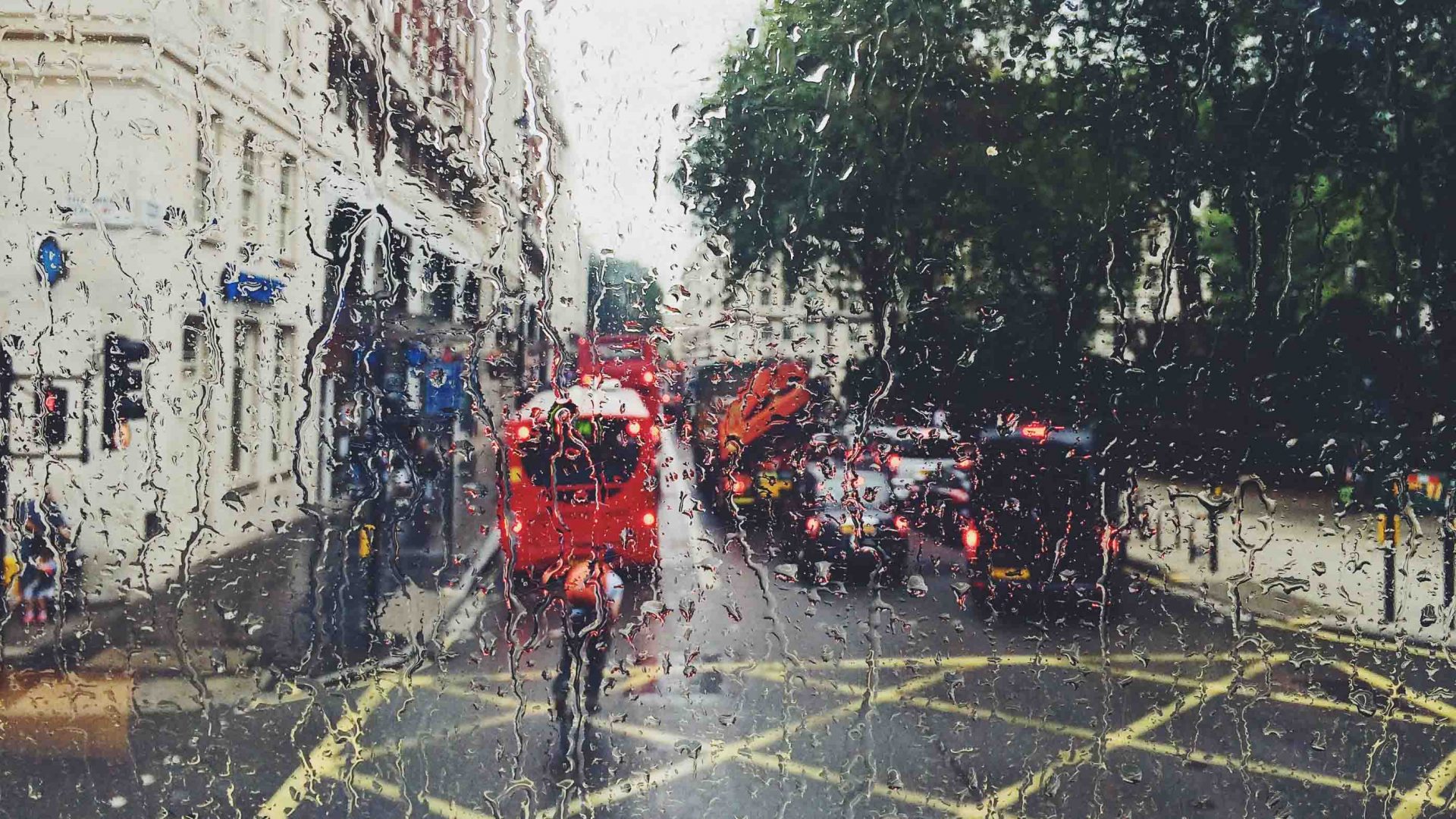
Forget tropical islands and balmy sunsets—what about windswept hills, mist-shrouded mountains, soaking cities, stormy coasts and moss-covered forests? Jo Stewart argues that rain, far from ruining a trip, can make it even more special.

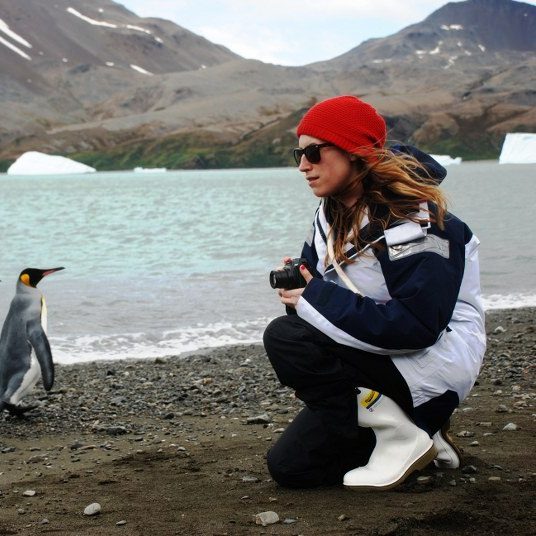
Forget tropical islands and balmy sunsets—what about windswept hills, mist-shrouded mountains, soaking cities, stormy coasts and moss-covered forests? Jo Stewart argues that rain, far from ruining a trip, can make it even more special.
I’ve been rained on in Milan. I’ve skipped puddles in London. I’ve collected snowflakes on my tongue in Vancouver and been stalked by a permanent raincloud in the Falkland Islands—but nothing beats seeing rain in the Australian Outback.
Soundtracked by the deafening thud of raindrops pelting a rusty iron roof, there was something soul-stirring about watching crackles of lightning illuminate the Outback sky. It was one of those rare travel experiences you feel with every cell of your body. After all, it’s not supposed to rain in the Outback, is it? It doesn’t fit with our preconceptions. And yet, it was glorious.
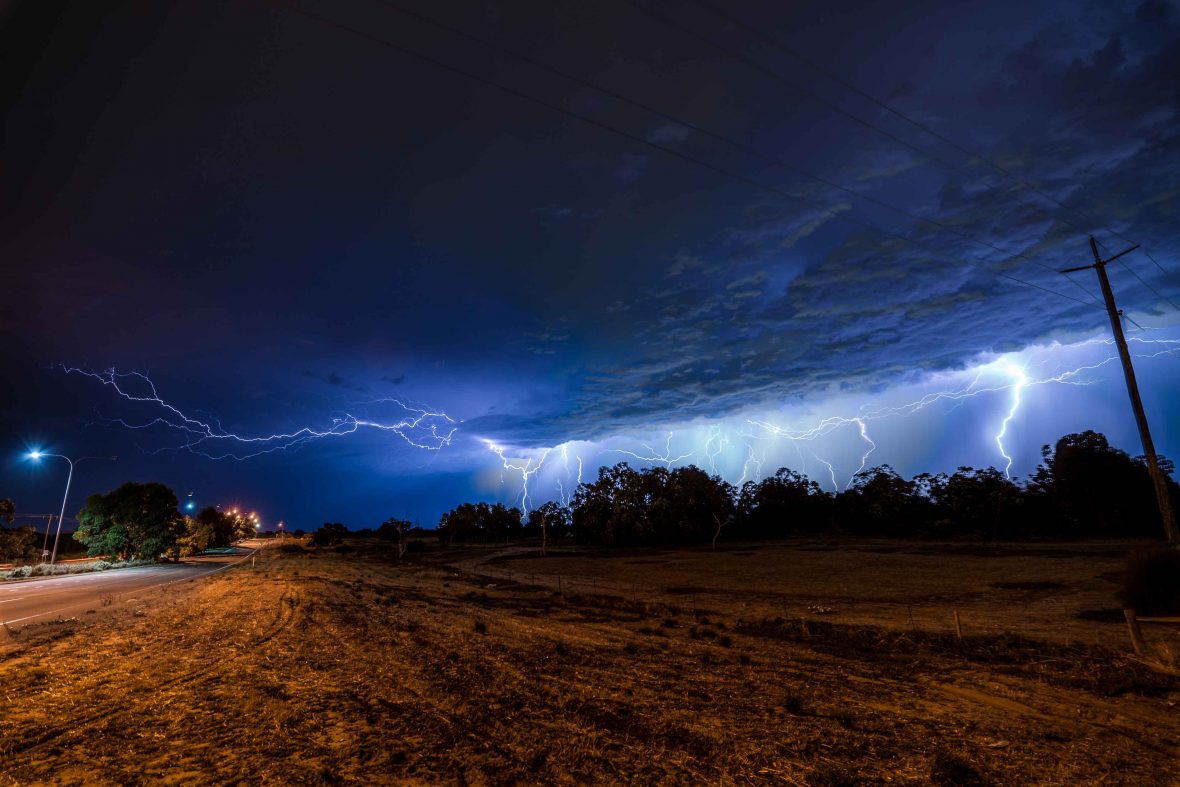
Despite the wonders of rain, travelers all over the world think their travel plans are dashed by ‘bad’ weather. But what exactly is bad weather? Who decided that rain is ‘bad’ and sunshine ‘good’?
If we believe the messages we receive from advertisers and social media, we’re expected to lust after tropical islands, balmy sunsets and infinity pools—all the traditional Instagram bait. Alas, my soul somehow missed that memo. Instead, I get excited about windswept moors, mist-shrouded mountains, stormy coasts and moss-covered forests.
RELATED: The wild beauty beyond Australia’s Great Ocean Road
Just as surfers dream of chasing an endless summer, I’d love to rearrange my life to visit cold, gray, moody places where comfort food, log fires and trapper hats abound. And as it turns out, I’m not alone. There’s even a term for people like me:
Pluviophile (n): A lover of rain; someone who finds joy and peace of mind during rainy days.
Travel agents help fling their clients into the world’s most sun-soaked destinations. Anything else and the trip will be ruined. But would it really be the end of the world if you visited Machu Picchu when it’s overcast, spent a rainy day in Tokyo, or floated into Halong Bay amidst a gale? Wouldn’t it make for a more memorable experience? A better story?
By chasing the sun, what we’re really doing is paying a ‘sunshine tax’—spending more money in order to share our trips with more tourists. Is that really what we want for our precious annual leave?
I believe we need to reshape the way we view gloomy weather when we travel. And I believe that, far from ruining anything, rain might even enhance our travels. As the twee saying goes: ‘Into each life some rain must fall’.
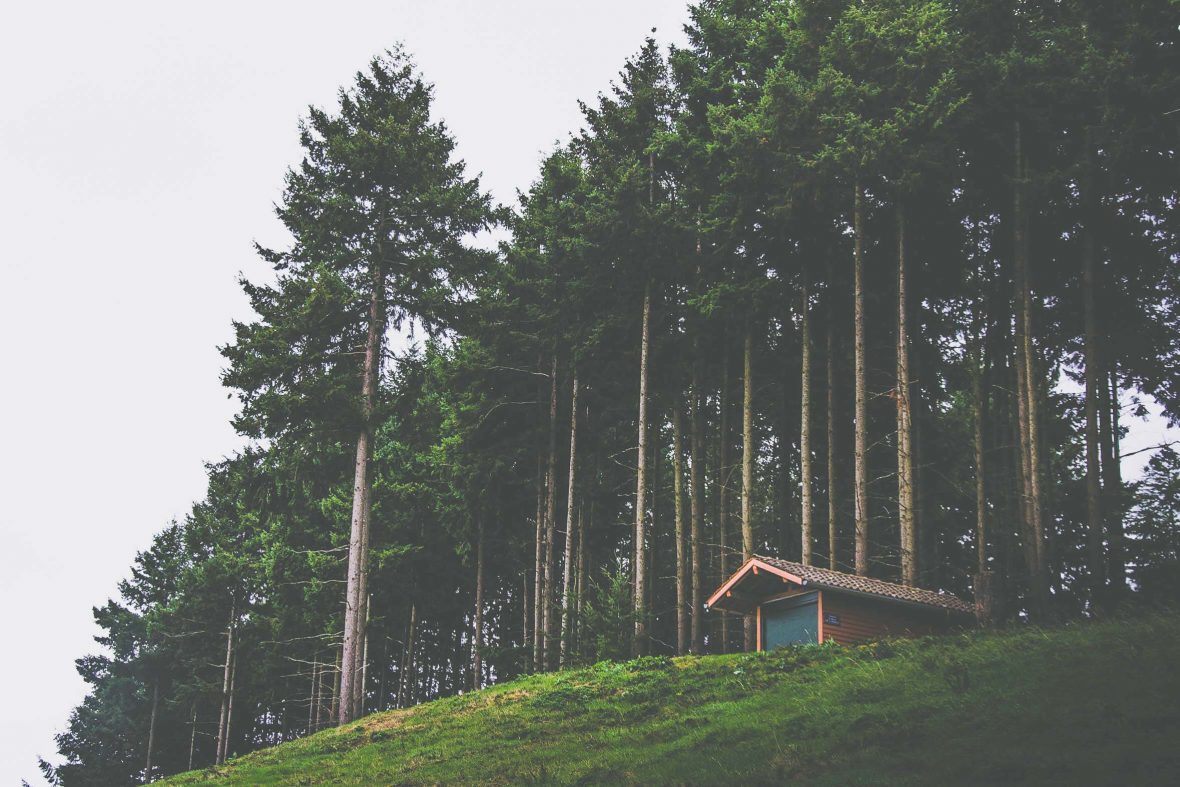
Places prone to long, dark winters tend to be intriguing in ways places blessed with temperate climates are not, providing the perfect conditions for underground and counter-culture arts movements to flourish. Cities like Berlin, Reykjavík, Stockholm, London, Melbourne and Portland owe much to the rainy days that drive everyone indoors to paint, write, compose, weave and knit.
In Iceland, one in ten locals publish a book. Sweden is the best music exporter in the world per capita. Melbourne has more live music venues per person than any other urban center in the world. The inhabitants of these cities—and more besides—have written, produced and played their way through cold, wet winters—and for good reason.
RELATED: Is this the secret to Swedish happiness?
New York University professor Adam Alter writes in his 2014 book Drunk Tank Pink: and Other Unexpected Forces That Shape How We Think, Feel and Behave, that as a species, we’re biologically predisposed to avoid sadness. So if the weather leaves us feeling blue, we’ll take active steps to make ourselves feel better, and melancholy helps steer us towards reflective thinking and creativity.
Not only that, but traveling during bleak weather means visiting a destination when fewer people are about. Travel costs and tourist numbers skyrocket during summer—beaches are packed, monuments attract endless lines, and everything from flights, accommodation, lunch and taxis suddenly become more expensive. By chasing the sun, what we’re really doing is paying a ‘sunshine tax’—spending more money in order to share our trips with more tourists. Is that really what we want for our precious annual leave?
Rain forces you to slow down and reflect. Instead of diving into the ocean, we dove into ourselves. And then we dove into burgers and beers afterwards.
Some of my favorite travel memories feature meteorological phenomena many travelers desperately avoid. Walking along Cannon Beach in Oregon, where rain typically falls more than 150 days of the year, the clouds and mist provided the ideal backdrop for deep conversations with a friend. As we slowly walked along the beach, which was flanked by towering rock formations that look like alien pods, we talked about everything from ageing to identifying kelp species and why the hell I don’t eat lobster.
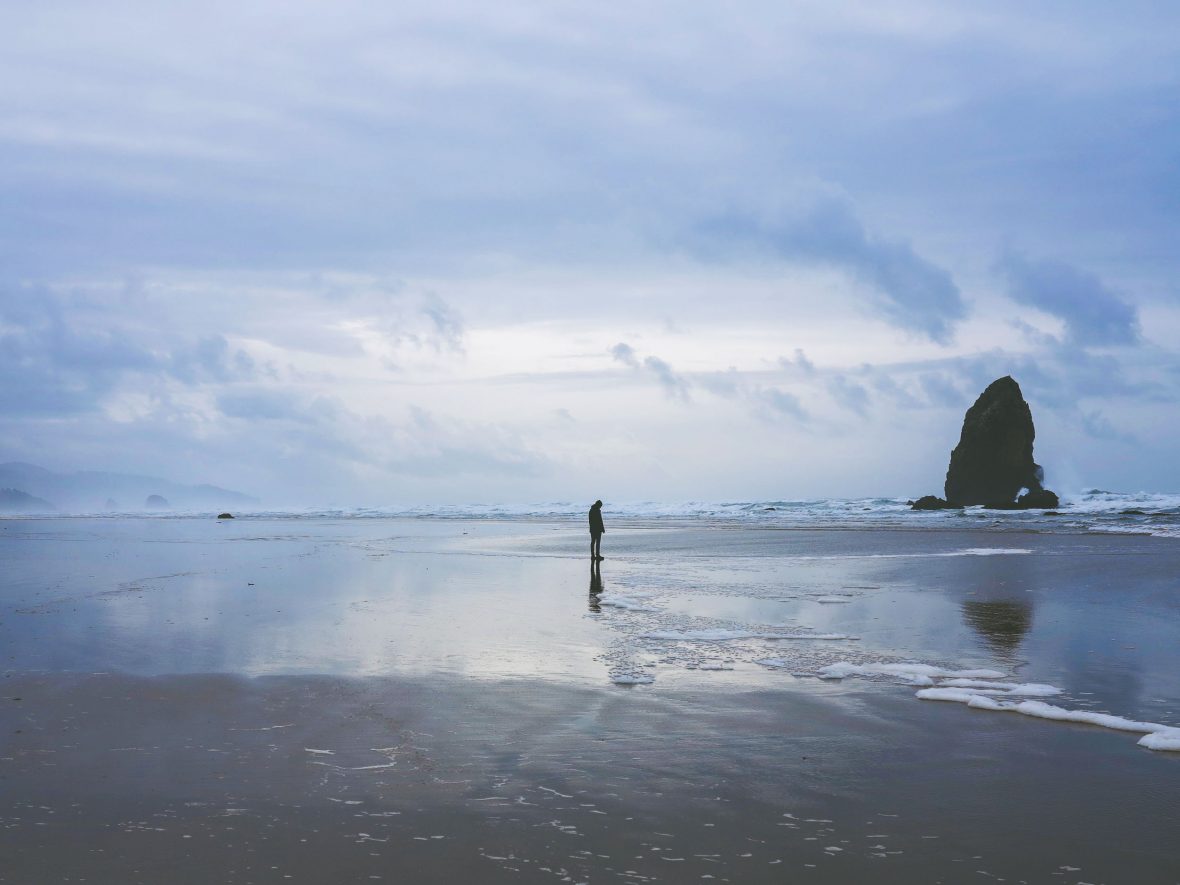
From tackling life’s big questions to musing on the mundane, that rainy day beach walk wouldn’t have been the same if we were bathed in sunshine. Rain forces you to slow down and reflect. Instead of diving into the ocean, we dove into ourselves. And then we dove into burgers and beers afterwards.
RELATED: Forget city breaks, give me life and death on South Georgia
Visiting Sonoma County, California for a couple of days of solo wine tasting and hiking, the weather gods decided to flick the switch to ‘constant driving rain’ mode for four days. In a region prone to wildfires, a little rain is not something to curse. Rather than hope for a break in the rain, I adapted. Instead of using the outdoor fire pit, I retreated to my rented Airstream with a bottle of local red wine, turned up the heating and watched Hitchcock marathons from my snug trailer.
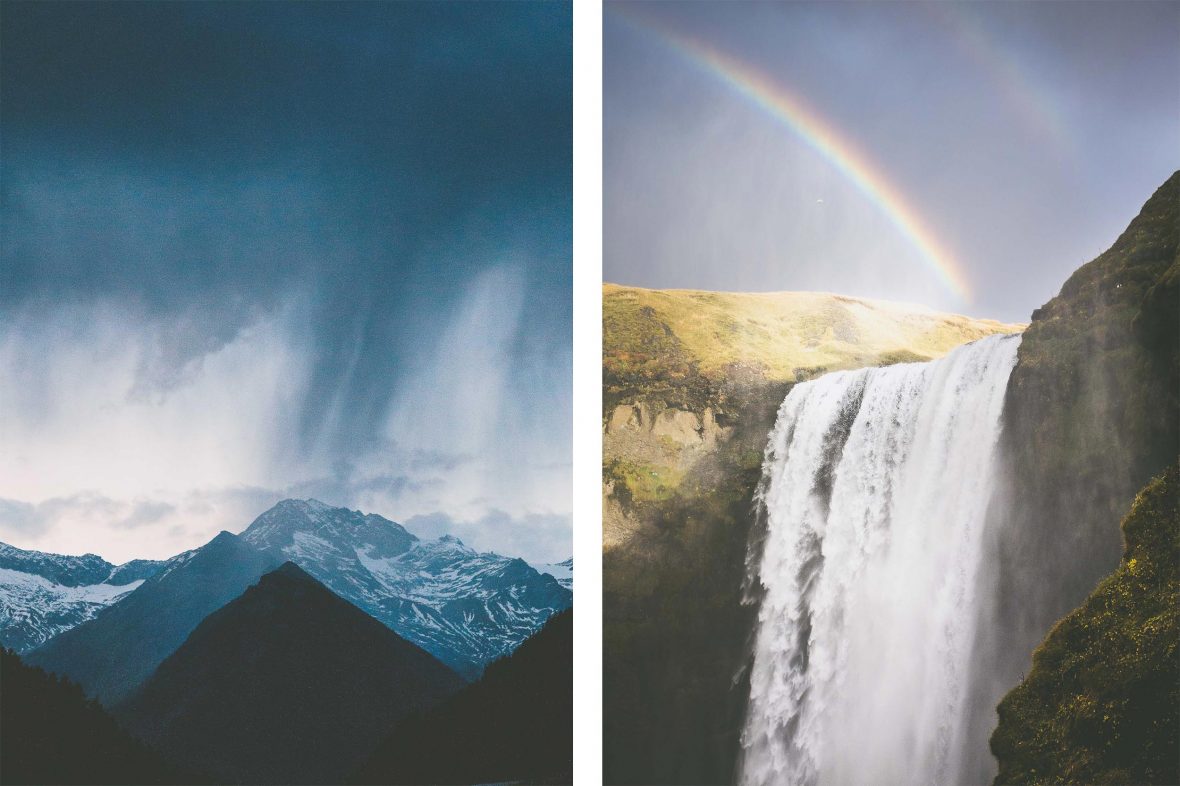
Driving west to Bodega Bay, I stopped to watch the ocean pummel a small boat that had been wrecked on the shore. Watching an abandoned boat slowly get destroyed on a windy, wet beach might not be a bucket list-worthy travel experience, but it made me reflect on the impermanence of everything. It was something I hadn’t seen before anywhere else. And isn’t seeing something entirely new what we hope for when we travel?
Forget obsessively checking your weather app—pack a poncho and discover what it’s like to see a place through a foggy lens.
It may seem like I’m romanticizing, or reflecting through rose-tinted glasses, but these aren’t my only positive examples of rain-punctuated travel. I’ve also enjoyed hiking in the rain, wine-tasting in the rain, and fly-fishing in the rain.
Sure, there are moments of frustration (running out of dry clothes while camping isn’t fun) but overall, the benefits outweigh the annoyances. I can’t help but think of all of the good things that come with rainy day travel: A cup of tea by the fireplace, a mug of chai in a cosy café, a glass of red wine in a toasty restaurant, the sound of rain falling on a cabin roof.
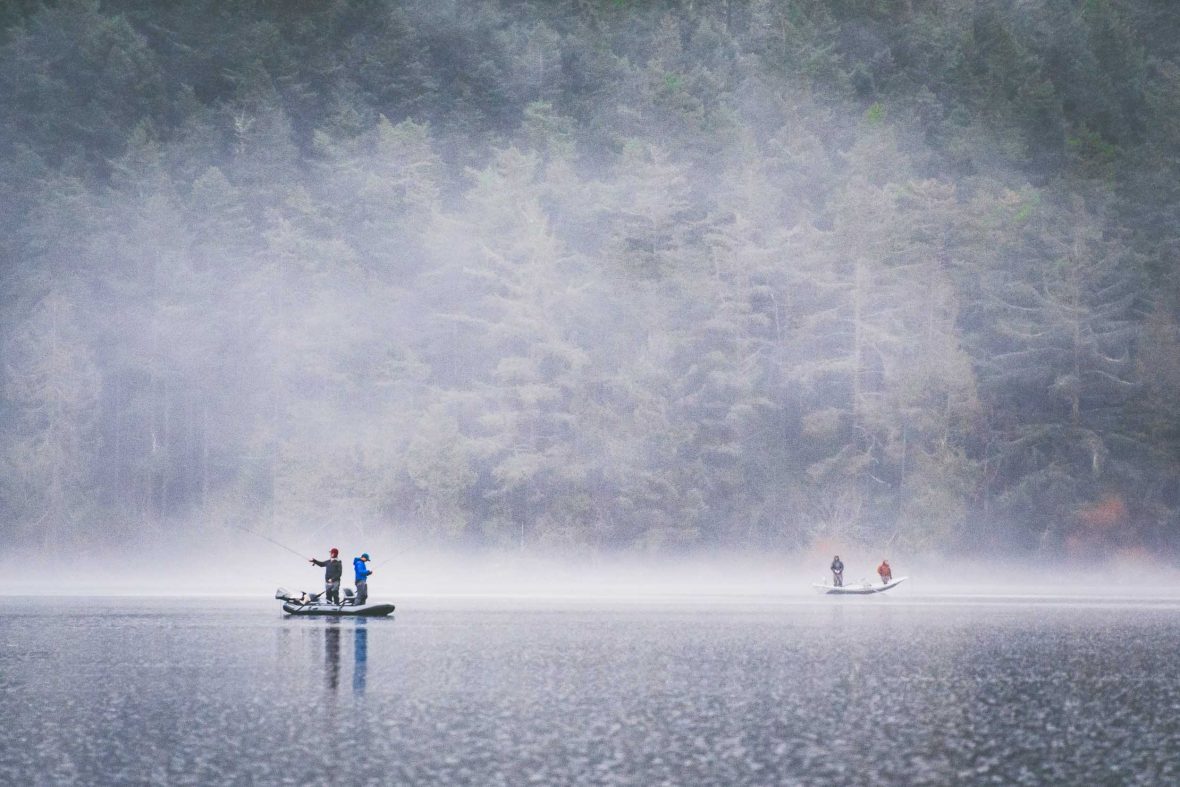
Of course, waltzing into a snowstorm or category five cyclone isn’t wise, and some people don’t have choice in when they can travel due to work commitments. But if you can be flexible, why not reconsider when and where you travel?
Discounting a destination because it receives plenty of rain is short-changing yourself of opportunities to delve into yourself, roast marshmallows over an open fire, embrace the wrath of the great outdoors, or spend entire days visiting galleries, bookshops and wine bars without the guilt that accompanies spending a sunny day indoors.
Forget obsessively checking your weather app—pack a poncho and discover what it’s like to see a place through a foggy lens. You won’t return with a tan, but you might just find a little piece of yourself that you didn’t know existed.
Jo Stewart is an Australian travel writer who lives in Melbourne, but spends an inordinate amount of time at airports. She has visited all seven continents and is comfortable mixing it up at both ends—and everywhere in between—of the travel spectrum.
Full Bio

Can't find what you're looking for? Try using these tags: